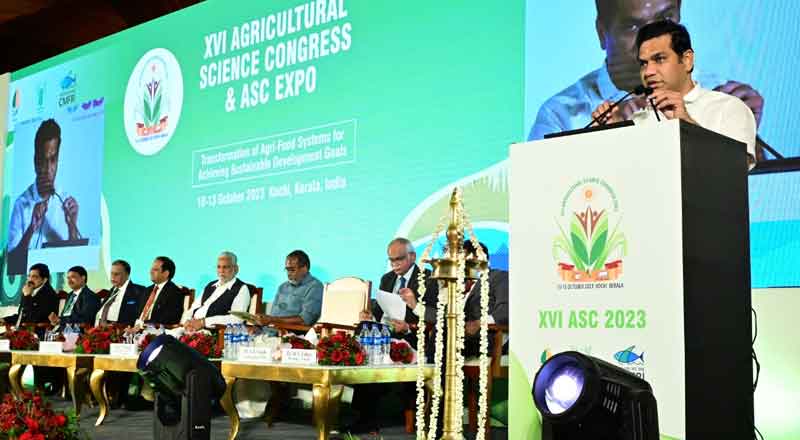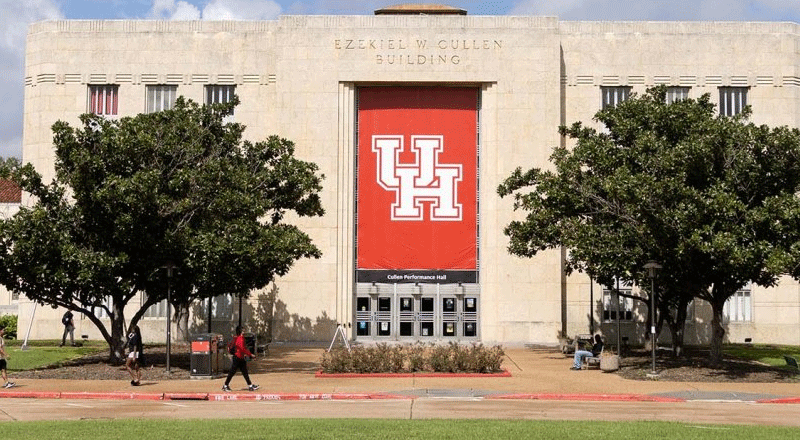Union Minister of Fisheries, Animal Husbandry and Dairying Parshottam Rupala said that in view of the increasing food demand, environmental degradation and the challenges posed by climate change, there is an urgent need to transform agri-food systems into sustainable enterprises through scientific innovations. He was speaking after inaugurating the 16th Agricultural Science Congress (ASC) in Kochi today.
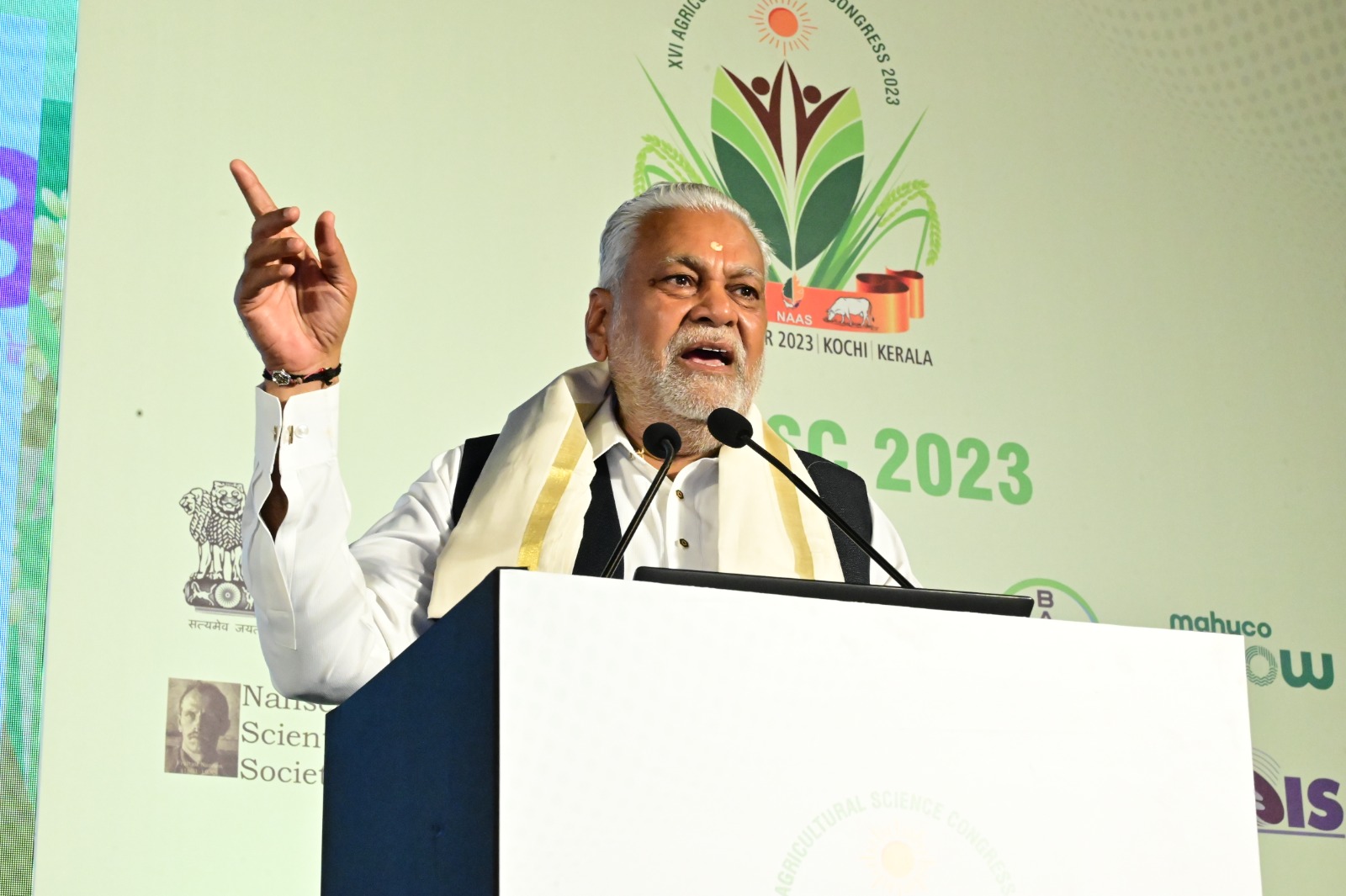
Shri Rupala added that the agricultural scientists should strive to infuse greater mechanisation in the agriculture production process and develop and popularise specialised farm implements for women in agriculture.
Union Minister shared his observation during the Sagar Parkirama drive that marine and inland water pollution has seriously affected aquatic life and coastal ecology. He exhorted the scientists to find lasting and sustainable solutions to address this perilous threat.
Sharing his enthusiasm, Shri Rupala highlighted that traditional farm products such as pokkali rice needs to be promoted and measures are to be taken to ensure profitability for the pokkali farmers. He suggested that minimising post-harvest losses is equivalent to boosting production and this can be achieved by focusing attention on advanced technological interventions.
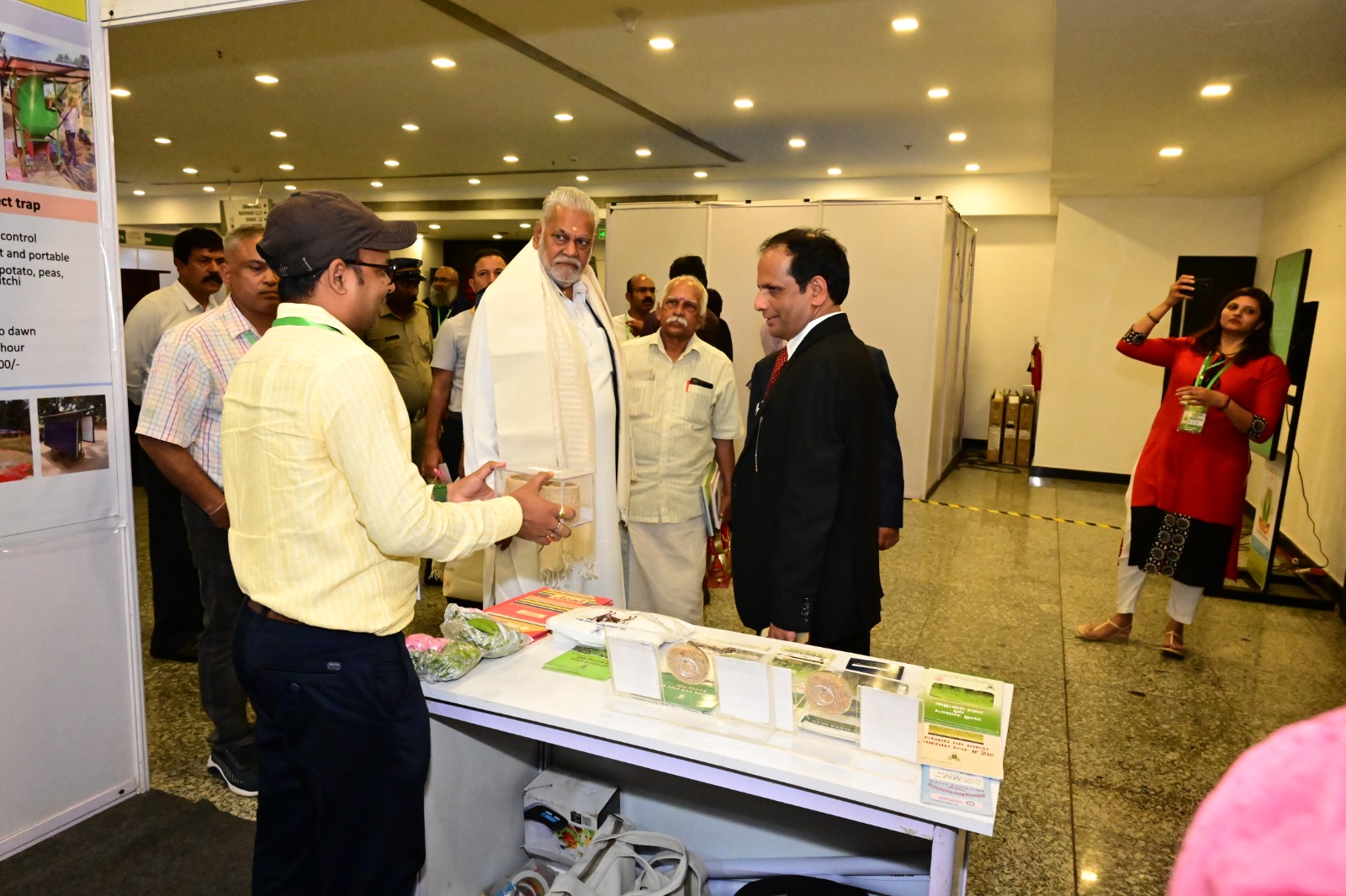
Union Minister further added that the future of India’s agriculture depends a lot on how the accumulated scientific knowledge can be translated to commercial success.
Shri Rupala also inaugurated the Agri Expo being held on the side-line of the event which showcases innovative agricultural technologies of public and private sector research institutes, universities, agro-industries, extension agencies and NGOs. The Union Minister gave away Dr. B.P. Pal Award for Excellence in Agricultural Sciences, Dr. A.B. Joshi Memorial Lecture Award and several other NAAS awards to the recipients.
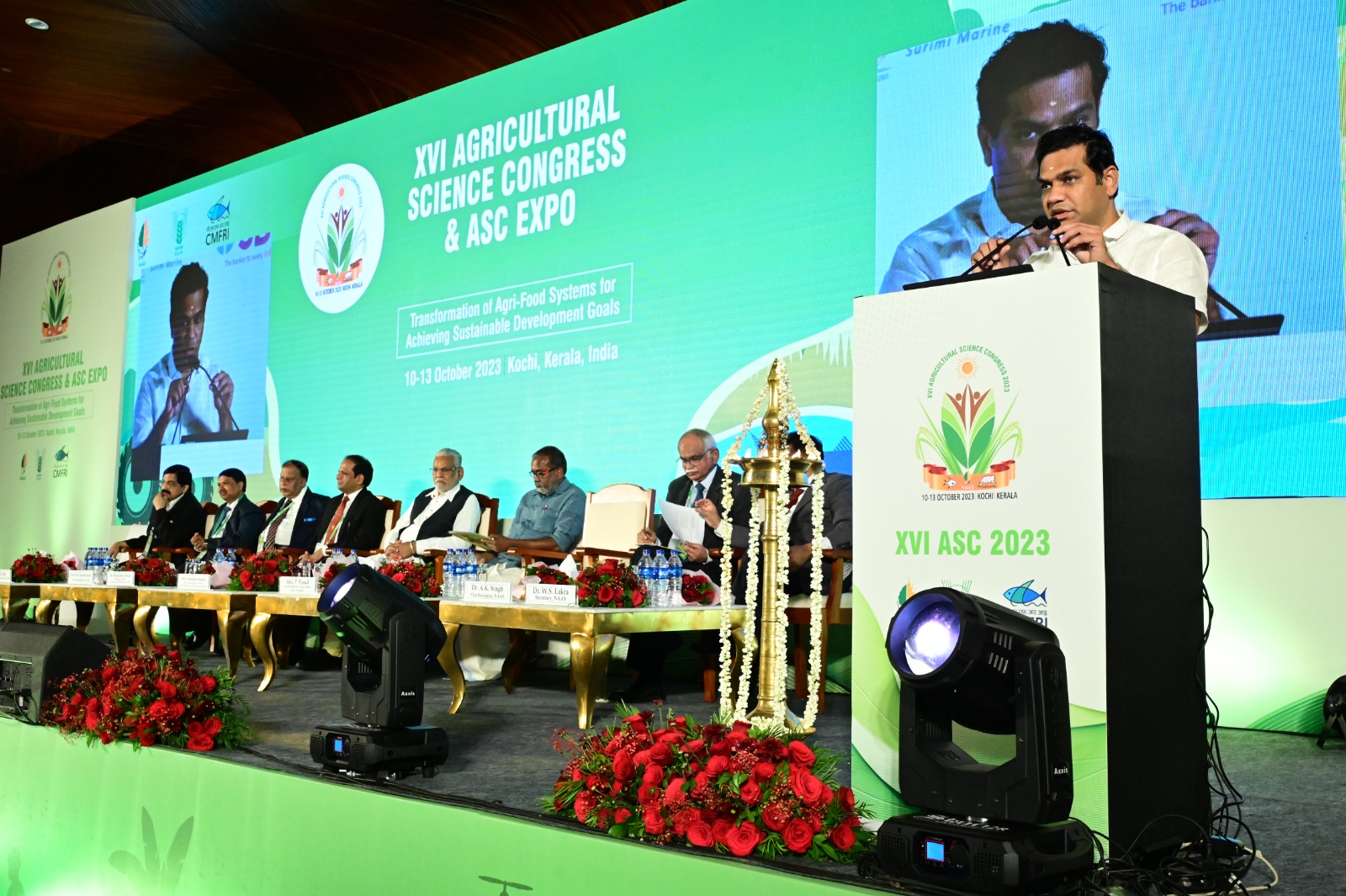
Dr Himanshu Pathak, Secretary to the Department of Agricultural Research and Education (DARE) and Director General of the Indian Council of Agricultural Research (ICAR) delivered the presidential address. He read out Prime Minister Narendra Modi’s message to the Congress. Dr Pathak said that India’s food grain demand will rise to 340-355 metric tonne by 2033. Research on genomics and genome editing would be the core focus for technological breakthroughs in agriculture and commodities where traditional breeding cannot yield the desired results, he added.
Kerala Agriculture Minister P Prasad stressed on ensuring food and nutritional security for all the citizen of the country, while maintaining the health of the ecosystem and environment intact. He was emphatic that the ‘Poshaka Samrudhi’ scheme recently launched by the government of Kerala will contribute towards this goal.
3VOW.jpeg)
The minister also said that it is the time to turn to carbon neutral development pathways, and focus on newer technologies to augment production, adding that post-harvest sector also needs urgent attention.
Shri Hibi Eden MP and Dr J K Jena, Deputy Director General of ICAR were the guests of honour at the inauguration of the Agricultural Science Congress (ASC). Following this, Prof. Panjab Singh delivered the Dr A B Joshi Memorial Lecture. NAAS Secretary Dr W S Lakra and CMFRI Director Dr A Goplakrishnan spoke on the occasion.
Background:
Organised by the National Academy of Agricultural Sciences (NAAS), the ASC will come out with recommendations that facilitate the agriculture sector for moving towards a path of greater sustainability. Leading agricultural economists, scientists,entreprenuers and other stakeholders will involve in discussions on applications of modern scientific tools and practices, climate action, advances in genomics, IPR policy, etc. Over 1500 delegates from India and abroad are attending the four-day event, which is taking place for the first time in Kerala and hosted by the Central Marine Fisheries Research Institute (CMFRI).


